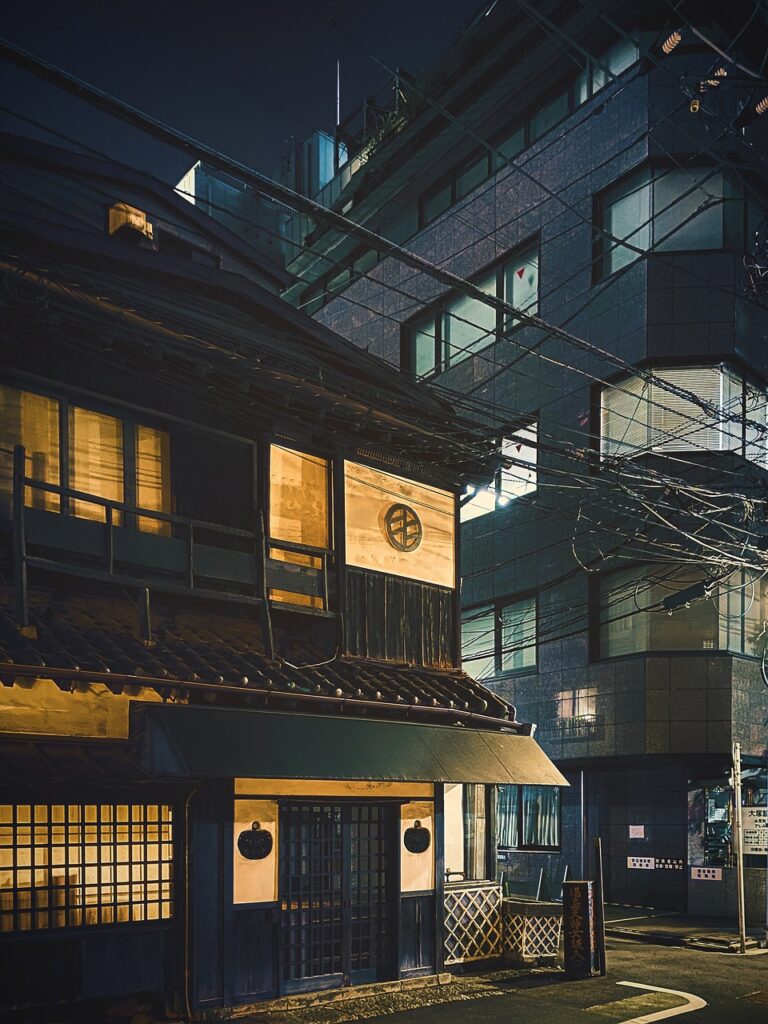GOING JAPANESE
Japanese is known for a lot more than just sushi and Hello Kitty and while I´ve never travelled there (it´s on the bucket travel list), but I have gravitated towards Japanese influenced products and ideas. Why Are Japanese Products So Good? Japanese products are exceptional due to the country’s attention to detail, craftsmanship, and the integration of traditional and modern design. Products emphasize functionality, simplicity, and durability, which are qualities valued in both their domestic and international markets and many brands incorporate sustainable materials and practices, contributing to the global demand for eco-conscious products. What Are the Best Quality Products from Japan? The best quality products from Japan often come from categories such as homeware, kitchenware, textiles, and stationery. Below are just some of my favourite products, brands as well as concepts and ways of thinking that are from Japan.
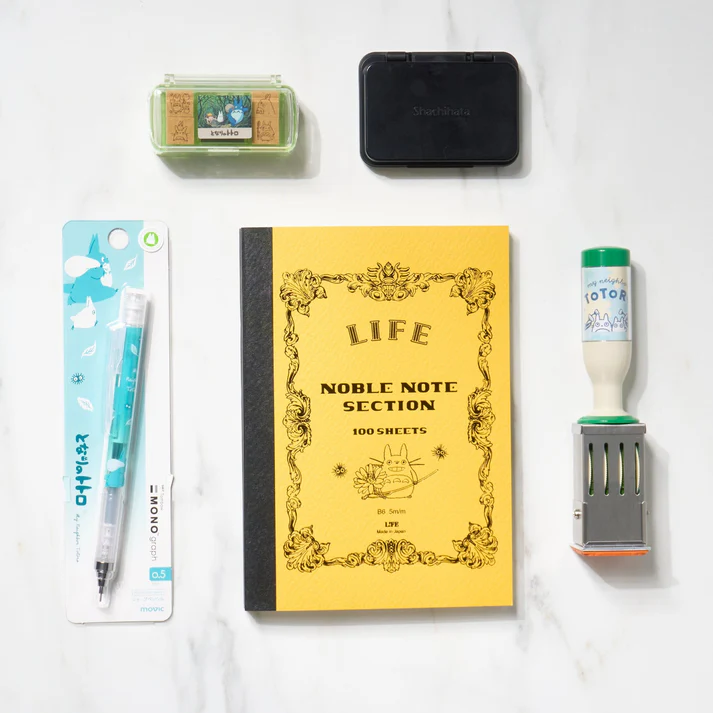

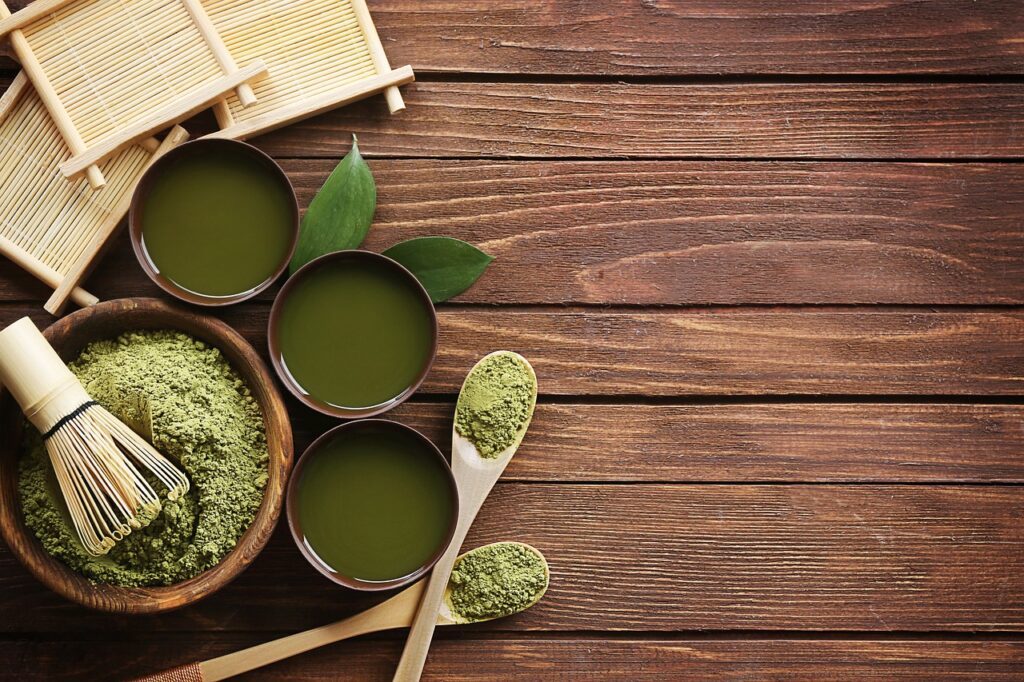
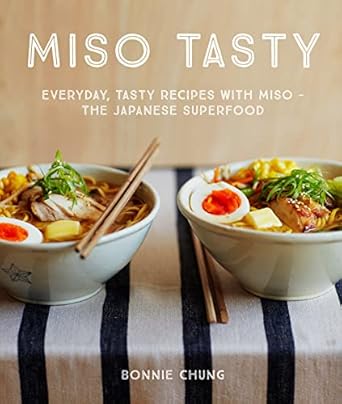
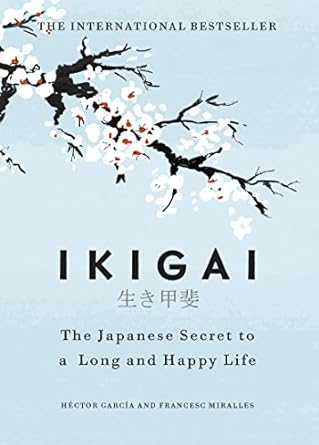
BUNGU
Stationery is one of Japan’s most popular product categories. Known for its precision and functionality, stationery from Japan can elevate your workspace or home office setup and offer a multitude of designs that cater for all different tastes from cute comic characters to more minimalist subtle options. I follow Bungu on IG and aspire to be this disciplined, organised and creative. I think what I love most about it is the work and labour that goes into personalising items which is so far related from our current fast paced online world that we live in. Bungu also have a list of other daily products that may come in handy around the house.
MORE MUJI
If I could live in one of these stores, I would! I love everything about this brand, from the minimalist monotone clothing to the white covered freeze-dried strawberries. I have clothing from this store that has lasted me years – the quality and styling doesn´t date quickly and the black, grey and white palette is made for me. MUJI in Japanese, is short for Mujirushi Ryohin, meaning “quality products without logos” in Japanese and was found founded in 1980 on three basic principles that remain intact today:
- Selection of materials
- Streamlining of processes
- Simplification of packages
They develop a wide variety of quality products and more recently branched out to hospitality with MUJI STAY and MUJI Hotels – yip, bookmarked to stay there one day – saving up for it! Thankfully, they not exclusively in Japan and can be found in most major cities.
MORE MATCHA
Most people think matcha is Japanese, but technically it originated in China. Matcha (抹茶) /ˈmætʃə, ˈmɑːtʃə/ is a finely ground powder of specially grown and processed green tea leaves originally from China and later, the green colour exhibited in most modern matcha was developed in Japan, where most matcha is produced today. People most know matcha in tea but use it as a flavour from Kit Kats to milkshakes to chips and even used in beauty products. Matcha tea, in its purest form has many health benefits and if you like a ritual around your morning routine then use a Japanese Tea set.
MISO HAPPY
Happy and healthy meals – there is more to Japanese food than just sushi. I love Japanese flavours and foods, and miso is an ingredient for any health conscious foody with an umami flavour that is used in many Japanese dishes. The Japanese have made miso part of their history for more than 1,300 years and is an indispensable seasoning for the Japanese, also known as a nutrition-rich soybean fermented food. I cannot recall any recipes off by heart, but instead scour the net or use a cookbook, like Miso Tasty to experiment and stir up some tasty, delicious meals – great for solo dinners or entertaining evening with friends.
IKIGAI
Ikigai: The Japanese Secret to a Long and Happy Life – a good read if you are looking to find purpose. Ikigai (生き甲斐) is a Japanese concept that translates to “reason for being” or “reason to live.” It represents the intersection of four key elements in a person’s life:
- What you love (passion)
- What you are good at (profession)
- What the world needs (mission)
- What you can be paid for (vocation)
When these four elements align, they create a sense of fulfilment and purpose, or “ikigai.” It is often viewed as a guide for finding meaning and balance in life, helping people identify activities, careers, or pursuits that bring joy and satisfaction. In Japanese culture, ikigai is deeply connected to a life lived with meaning, contributing to a longer, healthier, and happier existence. While the term is sometimes simplified in the West to find professional fulfilment, in Japan, it more broadly applies to life’s small joys and daily satisfaction. What are the 7 Japanese concepts of life? There are 7 Japanese concepts to change life: Ikigai, Shikitogai, Wabi sabi, Gaman, Obitouri, Kaizen, and Shu-ha-ri.
YOU READY TO EXAND YOUR TASTE BUDS & EXPLORE BEYOND YOUR BORDERS?
Swap local tastes for Japanese inspired matcha or miso flavours. Get out of your rut and get inspired with ikigai to find purpose and passion. Discover why Japanese products are so good and what are the best quality products from Japan.
